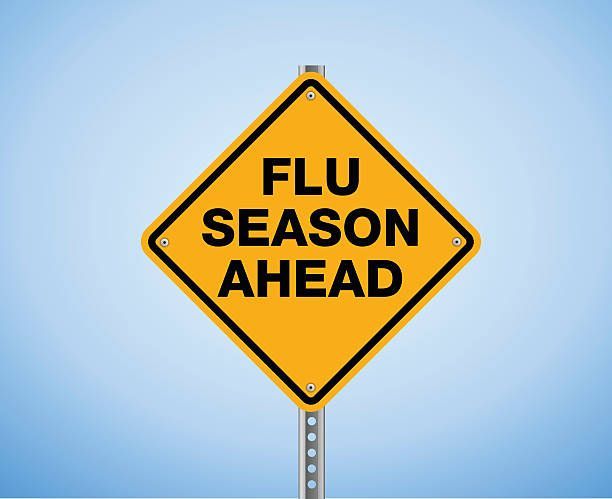Health Tips for Cold and Flu Season
While cold and flu season can be daunting, these tips can help you stay healthy and reduce your risk of illness. By taking proactive measures and listening to your body, you can enjoy the season with confidence. Remember, if you do fall ill, give yourself time to rest and recover fully. Your health is a priority!

As the temperatures drop and the days get shorter, the cold and flu season is upon us. This time of year can be challenging, but with a few proactive health tips, you can bolster your defenses and stay healthy. Here’s how to navigate the season with confidence:
1. Wash Your Hands Regularly
One of the simplest yet most effective ways to prevent the spread of germs is regular handwashing. Use soap and water, scrubbing for at least 20 seconds, especially after being in public places or touching shared surfaces. If soap isn’t available, a hand sanitizer with at least 60% alcohol can be a good alternative.
2. Stay Hydrated
Staying hydrated helps maintain a healthy immune system. Aim for at least eight 8-ounce glasses of water a day. Herbal teas and broths can also keep you hydrated while providing soothing benefits if you start to feel under the weather.
3. Boost Your Immune System
Eating a balanced diet rich in fruits, vegetables, proteins, and healthy fats can support your immune system. Foods high in vitamins C and D, as well as zinc, can be particularly beneficial. Consider adding some immune boosters to your daily intake like citrus fruits, elderberry, and locally sourced honey.
4. Get Plenty of Sleep
Adequate rest is essential for maintaining a strong immune system. Aim for 7-9 hours of quality sleep each night. If you find it difficult to sleep, try creating a calming bedtime routine, limiting screen time before bed, and keeping your sleeping environment cool, dark, and comfortable.
5. Exercise Regularly
Regular physical activity can help strengthen your immune response. Aim for at least 150 minutes of aerobic activity each week and three times a week strength and resistance training. Even a daily walk can improve your overall health and help you fend off illness!
6. Limit Stress
Chronic stress can weaken your immune system, making you more susceptible to illness. Incorporate stress-reducing activities into your routine, such as meditation, yoga, or simply spending time in nature. Find what works best for you to relax and recharge.
7. Avoid Close Contact with Sick Individuals
If possible, steer clear of those who are ill, especially during the height of flu season. If you’re sick, practice good etiquette by staying home, as well as covering your mouth and nose when coughing or sneezing.
8. Stay Informed About Local Outbreaks
Keep an eye on local health alerts and flu activity in your area. Being aware of outbreaks can help you take necessary precautions and stay informed about any health advisories.
9. Consider Supplements Wisely
While a well-rounded diet should provide most of your nutrient needs, some people may benefit from supplements, particularly during flu season. Consult with a healthcare provider before starting any new supplements to ensure they’re appropriate for your individual health needs.

CONTACT INFORMATION
Phone: 904-747-9802
